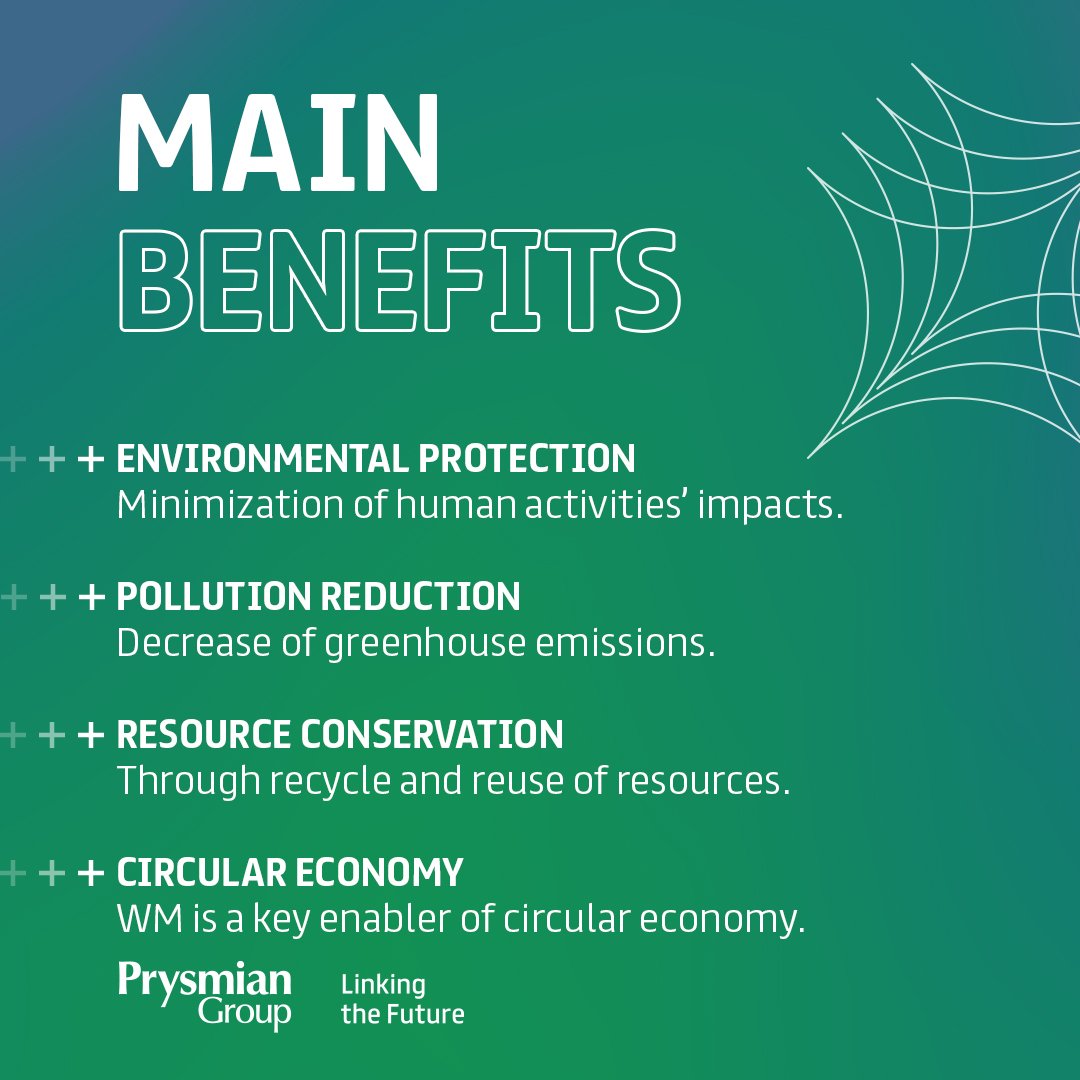Everything about Reclaim Waste
Everything about Reclaim Waste
Blog Article
Rumored Buzz on Reclaim Waste
Table of ContentsThe Of Reclaim WasteReclaim Waste Things To Know Before You BuyReclaim Waste - QuestionsThe Ultimate Guide To Reclaim WasteReclaim Waste for Dummies
Explore the kinds, occurrences, and types of liquid waste. Domestic sewage waste describes the waste and products from a residential septic system. This type of waste is developed by human beings in residences, institutions, and various other buildings. This only includes septic systems that have a drain field. The proper management and disposal of residential sewage waste need liquid waste to be transferred to a sewer treatment plant where the proper techniques and devices are applied to cleanse and take care of waste.
Commercial waste usually includes potential risks, such as combustible products or a blend of fluid and strong waste products, and needs an advanced and comprehensive disposal process. The disposal of business waste commonly entails the filtering of waste before transportation to ensure secure and proper disposal. Industrial waste is developed from byproducts and overflow of commercial processes and production.
This kind of waste can not use the exact same sewer monitoring transport or processes as septic or commercial liquids. The industrial waste monitoring process calls for the evaluation and testing of liquid waste prior to it undergoes the disposal procedure (liquid waste disposal). Drainage waste is the fluid waste that originates from runoff and excess stormwater in extremely inhabited areas or cities
Drainage waste can create contamination and flooding if not handled effectively. Guaranteeing appropriate waste monitoring can avoid calamities and reduce ecological damage.
Unknown Facts About Reclaim Waste
Contact PROS Solutions today to learn more about our waste administration and disposal solutions and the appropriate methods to care for the liquid waste you create.
(http://tupalo.com/en/users/7813759)Do you know what occurs to your water when you pull the plug, purge the toilet or drain the washing equipment? No? Well, it's worth understanding. This so-called 'wastewater' is not just an important resource but, after therapy, will be released to our land, rivers or the ocean. Utilized water from bathrooms, showers, baths, cooking area sinks, laundries and commercial procedures is known as wastewater.

water made use of to cool equipment or tidy plant and equipment). Stormwater, a form of wastewater, is drainage that flows from agricultural and city areas such as roof coverings, parks, gardens, roadways, courses and rain gutters right into stormwater drains, after rainfall. Stormwater streams neglected straight to local creeks or rivers, ultimately getting to the sea.
6 Easy Facts About Reclaim Waste Explained
In Queensland, the majority of wastewater is dealt with at sewer therapy plants. Wastewater is transported from domestic or industrial sites with a system of sewage systems and pump stations, known as sewerage reticulation, to a sewage treatment plant.
The Department of Natural Resources advises city governments concerning handling, operating and preserving sewerage systems and therapy plants. In unsewered areas, local federal governments might need homeowners to install specific or house sewage treatment systems to deal with domestic wastewater from toilets, kitchens, washrooms and washings. The Department of Natural Resources authorises making use of family systems when they are shown to be effective.
In some new subdivisions, therapy of some stormwater to get rid of trash, sand and gravel has actually started using gross toxin traps. Wastewater therapy occurs in 4 phases: Eliminates strong matter.
Makes use of little living organisms knows as micro-organisms to damage down and remove staying liquified wastes and fine bits. Micro-organisms and wastes are included in the sludge.
Top Guidelines Of Reclaim Waste
Nutrient elimination is not readily available at all sewer therapy plants due to the fact that it calls for costly specialized tools. Clear fluid effluent created after therapy may still contain disease-causing micro-organisms - liquid waste removal melbourne.

This usually means wastewater needs to be treated or pollutants removed prior to it can be released to waterways. Most wastewater moves right into the sewerage system. Under the Act, city governments provide authorizations and permits for eco pertinent activities (Periods) entailing wastewater launches that could have a neighborhood influence. The division provides authorizations and permits to ERAs entailing wastewater launches that might have a local or statewide impact.
The Best Strategy To Use For Reclaim Waste
Tracking supplies accurate info regarding water high quality and can verify that permit conditions are being satisfied. The info acquired with tracking offers the basis for making water quality decisions.
Report this page